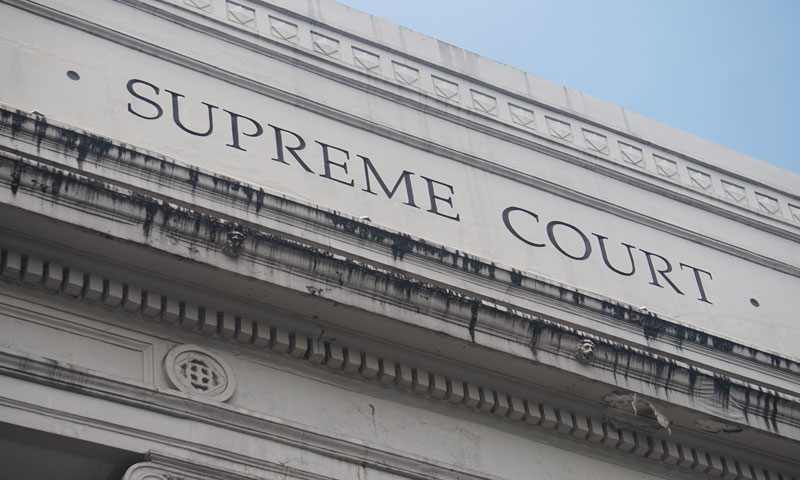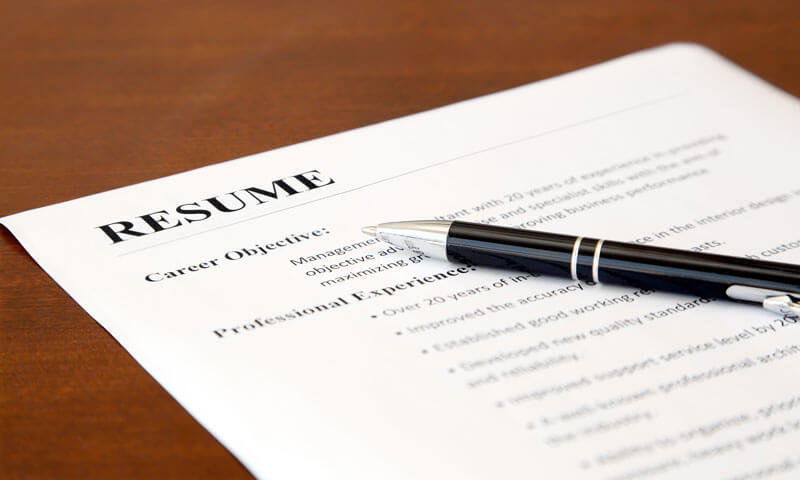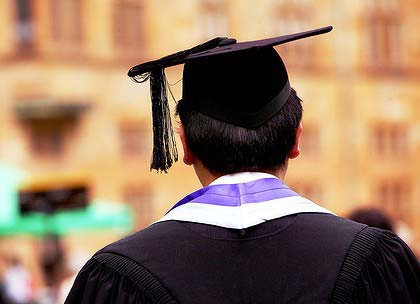As the legal profession seeks to diversity itself and have representation from different ethnicities and races, certain advocates for that diversity have considered the LSAT to be a barrier to black and Hispanic law school applicants. The law school admission test is considered to be a roadblock to black and Hispanics as their average score is lower than white or asian law school applicants.
According to University of Virginia School of Law professor Alex Johnson Jr., everything is a function of grades and LSAT scoring. His article. “Knots in the Pipeline for Prospective Lawyers of Color: The LSAT is Not the Problem and Affirmative Action is Not the Answer,” talks about the problem of underrepresentation of minorities in the legal profession. He claims that these students “misapply” to schools that really require higher grades and LSAT scores, and that the problem is exacerbated as a “disproportionate percentage of minority law grads take the bar exam in states with the toughest pass cutoffs,” according to Law.com.
Not everyone agrees that only “misapplication” can explain the relatively few number of blacks and Hispanics in the legal profession. Associate dean at the Thomas M. Cooley Law School John Nussbaumer considered the correlation between LSAT scores and admissions of minorities. He thinks there is something more in the works than simply “misapplication.”
This article explains what’s really going on at Thomas Cooley Law School:Â Thomas Cooley Law School Exposed (and Why Much of the Legal Profession is a Scam)
University of Virginia School of Law professor Alex Johnson Jr. also notes that some minority students have unrealistic expectations that affirmative action simply entitles and emphasizes, while he also disputes that the LSAT itself is discriminatory and that it should only be considered as one of several possible markers that would indicate who would do well in law school, rather than the one and only marker.







































